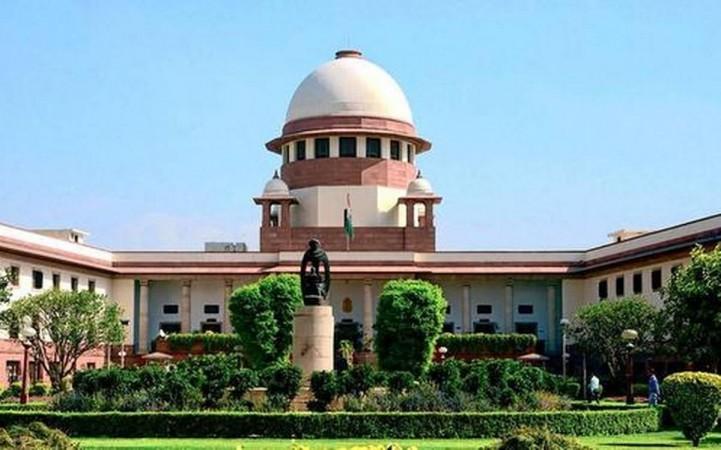In a major blow to the ruling Modi government, the Supreme Court today, Oct 27, ordered an independent probe into the controversial Pegasus snooping. The court will be hearing the issue again after eight weeks.
In a strong-worded judgement, the Chief Justice of India (CJI) said that "unreasonable espionage of people is not acceptable at all."
A three-judge bench headed by Chief Justice of India N V Ramana and comprising Justices Surya Kant and Hima Kohli asked a three-member committee, supervised by retired judge Justice R V Raveendran will look into the allegations of unauthorized surveillance using the Pegasus software.

CJI further went on to add that "The state cannot get a free pass every time by raising national security concerns. No omnibus prohibition can be called against judicial review. Center should have justified its stand here and not rendered the court a mute spectator."
The Supreme Court emphasized the importance of privacy and technology in its decision, stating that while technology can be used to better people's lives, it can equally be used to infringe privacy. It stated that certain privacy restrictions exist, but that these restrictions must pass constitutional scrutiny. The Supreme Court said it was first unsatisfied with the writ petitions filed in the case based on newspaper stories, but noticed the many additional petitions submitted by Pegasus' direct victims.

The Editors Guild of India, journalists N Ram and Shashi Kumar, Pranjoy Guha Thakurta, Trinamool Congress leader Yashwant Sinha, and professor Jagdeep S Chhokar submitted petitions in the subject, which were heard by the Supreme Court.
Following media revelations in July this year, the controversial use of the Pegasus spyware, the main product of Israel's NSO Group, to snoop thousands of people worldwide, including over a hundred in India, made headlines. The names of activists, journalists, and politicians in the country were published by the media.

















